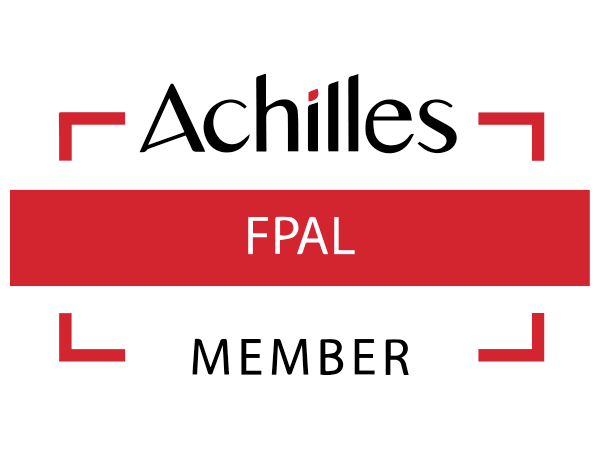Course Description:
This program has to do with calculations involving the mechanics of reservoir volume estimation and how to use sub-surface formation reservoir fluids volume to efficiently design and forecast production. This is intended for Proper management of the reservoir asset without forcing unnecessary damage to the formation and without jeopardizing full exploitation of the reservoir potentials.
This course will focus on the application of knowledge of reservoir characteristics to numerical modelling including single and full field models. It is a program with loads of calculations and simulation of various reservoir conditions including the use of history matching to carry out future performance predictions.
Course Contents:
Module 1:
- Overview of Basic Reservoir Engineering Concepts
- Reservoir Simulation Deliverables
- Types of reservoir models
- Reservoir drive mechanisms
- Reservoir Simulation Principles and Theories
- Conservation of Mass
- Fluid Phase flow Behaviour
- Reservoir Simulation Inputs and Data Requirements
- PVT Data
- Relative Permeability
- Capillary pressure
Module 2:
- Gridding Considerations
- Transmissibility’s
- History Matching
- Field Management
- Enhanced recovery techniques
- Hydrocarbon production Predictions
- Reserves Estimation
- Mature field Management
- Uncertainty evaluation
Who Should Attend?
- Petroleum Engineers
- Geologists, Geophysicists
- Petrophysicists
- Chemicals Engineers


